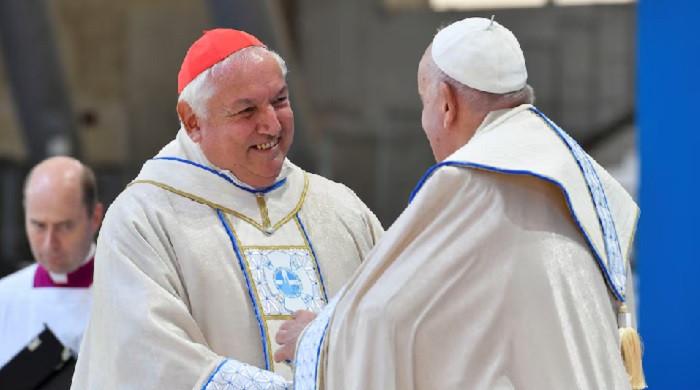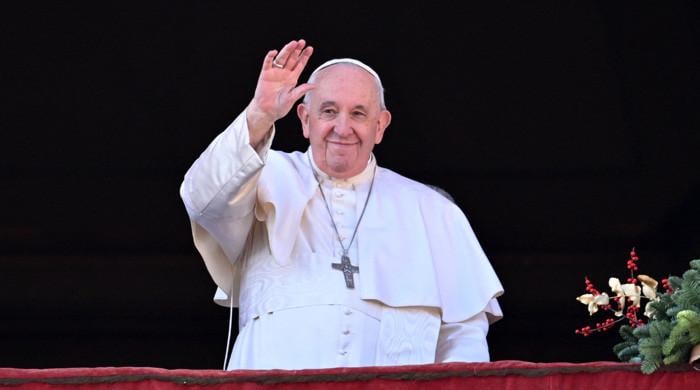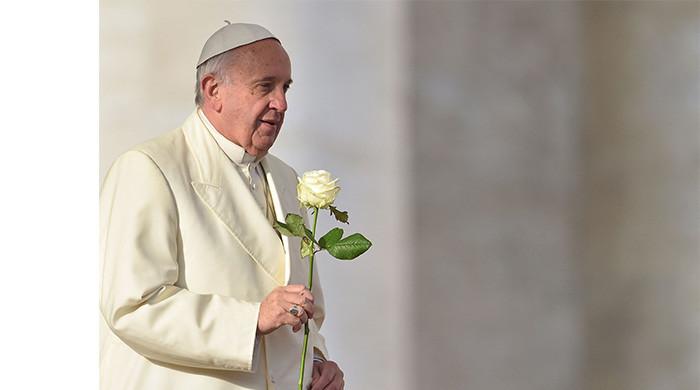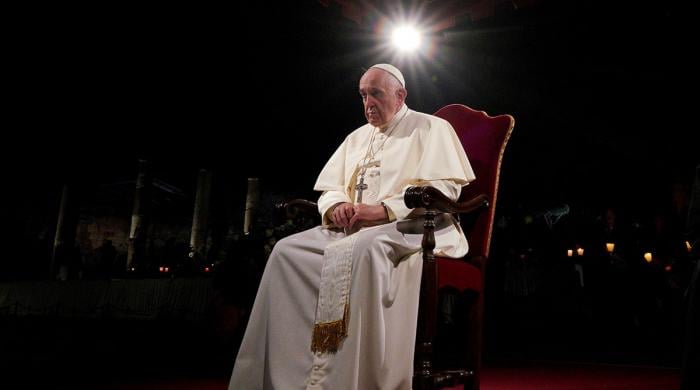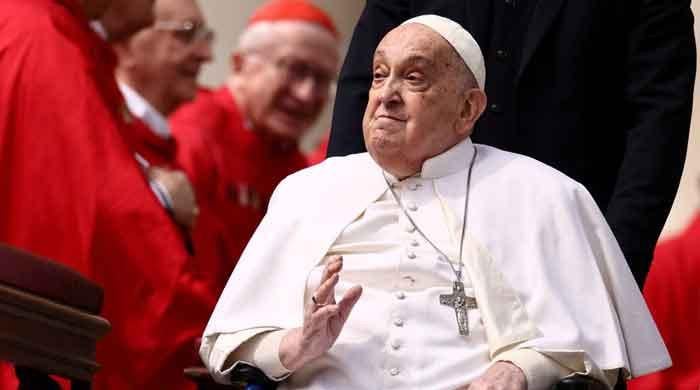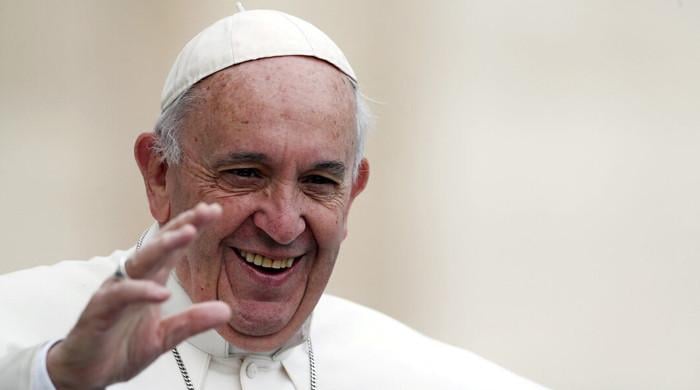G20: India-Middle East-Europe economic corridor project unveiled on summit sidelines
"Real big deal" that would bridge ports across two continents, says Biden
September 09, 2023
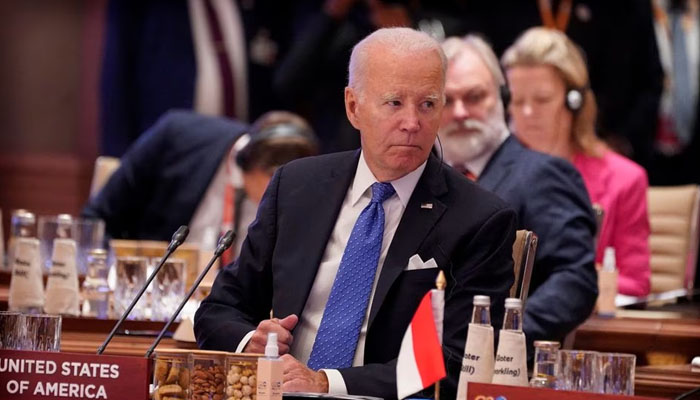
- Biden says pact will unlock "endless opportunities".
- Economic corridor aims to connect Middle East and India.
- Pact comes amid US efforts for Saudi Arabia to recognise Israel.
On the sidelines of the G20 summit in New Delhi, world leaders including US President Joe Biden, Indian Prime Minister Narendra Modi and European Commission President Ursula von der Leyen announced a multilateral rail and port agreement connecting the Middle East and South Asia.
The project is part of an initiative called the Partnership for Global Infrastructure Investment.
According to the details, the India-Middle East-Europe economic corridor including shipping and railway links will be launched soon. The first-of-its-kind economic corridor will be a historic initiative on cooperation on connectivity and infrastructure involving India, UAE, Saudi Arabia, EU, France, Italy, Germany, and the US.
The pact comes at a critical time as US President Joe Biden seeks to counter China's Belt and Road push on global infrastructure by pitching Washington as an alternative partner and investor for developing countries at the G20 grouping.
Biden said it was a "real big deal" that would bridge ports across two continents and lead to a "more stable, more prosperous and integrated Middle East."
He said at an event announcing the pact that it would unlock "endless opportunities" for clean energy, clean electricity, and laying cable to connect communities, AFP reported.
Prime Minister Narendra Modi of summit host India said: "Today, as we embark upon such a big connectivity initiative, we are sowing the seeds for future generations to dream bigger."
The deal will benefit low and middle-income countries in the region, and enable a critical role for the Middle East in global commerce, Jon Finer, the US deputy national security adviser, told reporters at the bloc's annual summit in New Delhi.
It aims to link Middle Eastern countries by railway and connect them to India by port, helping the flow of energy and trade from the Gulf to Europe, US officials have said, by cutting shipping times, costs and fuel use.
A memorandum of understanding for the deal was set to be signed by the European Union, India, Saudi Arabia, the United Arab Emirates, the US and other G20 partners.
"Linking these key regions, we think, is a huge opportunity," said Finer. No immediate details of the value of the deal were available.
The move comes amid US efforts for a broader diplomatic deal in the Middle East that would have Saudi Arabia recognise Israel.
From the US viewpoint, Finer added, the deal helps "turn the temperature down across the region" and "address a conflict where we see it".
"The 'India-Middle East-Europe' economic corridor is historic. It will be the most direct connection till date that will make trade faster," said Ursula von der Leyen, European Commission President, at the Partnership for Global Infrastructure Investment (PGII) and India-Middle East-Europe Economic Corridor programme at Bharat Mandapam.
‘An India - Middle East - Europe economic corridor will make trade between India and Europe 40% faster", Ursula von der Leyen added. Von der Leyen described the project as a “green and digital bridge across continents and civilizations." She added that it includes cables to transmit electricity and data.





